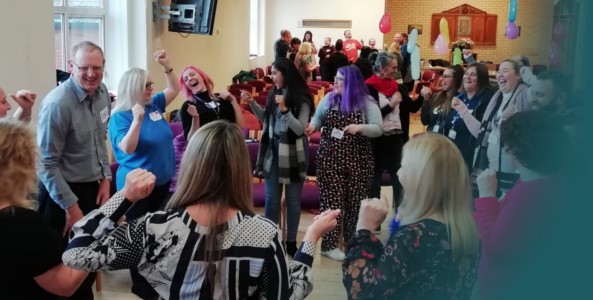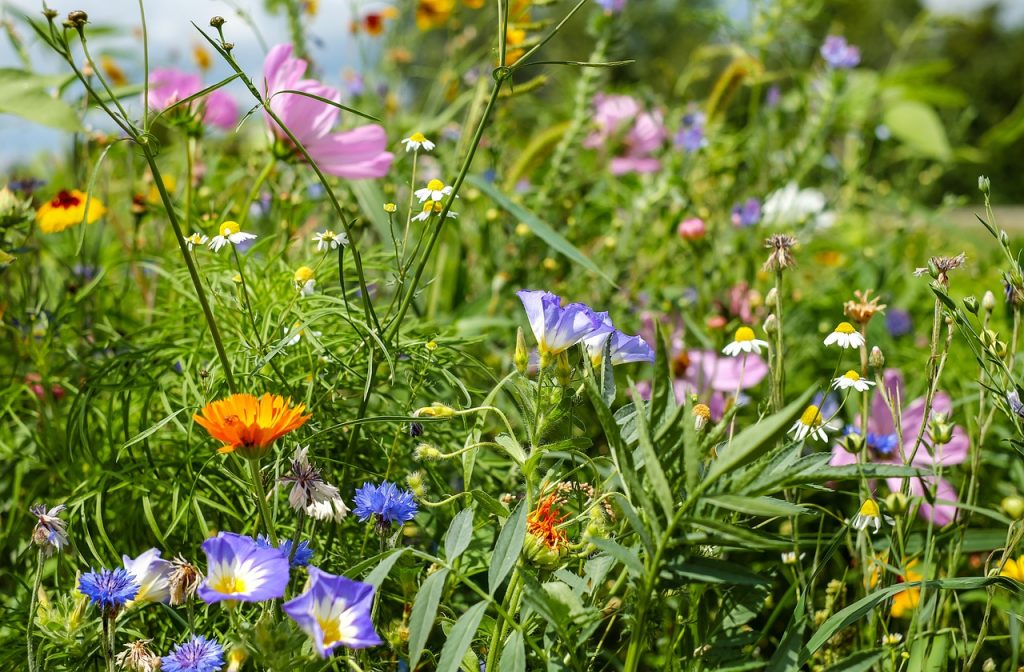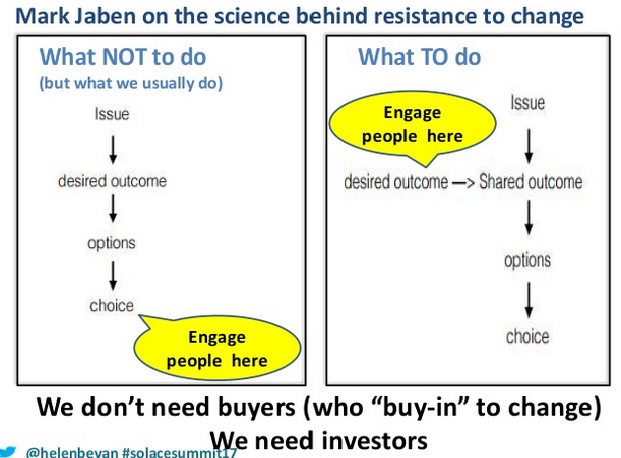Have you been missing the excitement and networking opportunities of our Social Pedagogy Development Network events in the pre-pandemic past? Then we’ve got exciting news!
Over the last few weeks, we’ve been working on a plan to return to in-person events very soon. We’re delighted to share this with you below and hope you like it!
Keeping the SPDN free and affordable
As you might be aware, all of the SPDN events in the past have only been possible, because we’ve had brilliant host organisations who have kindly provided the space for us to get together. And as organisers, we’ve been happy to co-ordinate the SPDN, because we know that change happens when people come together to share insight, inspiration and ideas.
Like everyone, we’re acutely aware that we’re in the midst of a cost-of-living crisis. This means we’re determined to keep participation free of charge and were looking for a solution that doesn’t incur huge travel costs for those of you who want to take part. We were also very mindful that it makes it all the harder for any organisation to just find the funds to host an in-person event for 100+ people. So here’s what we thought would work:
Small is beautiful: simultaneous mini-events in different locations
Instead of one large central event, we’re hoping to hold several small events, all happening at the same time and in various locations, all inter-connected via video link and social media. This, we hope, will mean that you’ll be able to join an in-person event near you – or put one on yourself, with our virtual support!
What will happen at the mini-events?
One of the most foundational tenets of social pedagogy is that every single person is intrinsically rich and resourceful. Everbody, no matter their age, has the potential to thrive if we can create enabling conditions. However, many of us work within organisational and societal contexts that restrict these enabling conditions. So how can we bring the notion of the rich child/young person/adult to life in our practice? Exploring responses to this question will be the main focus of an engaging, fun and creative session!
When will it happen?
We’ve not yet decided on a date but plan to do this in June, across 4 or more locations on the same morning (10am-12.30pm). We’re also planning to hold an online-only follow-up session a week or so later to share insights and learning across the events. We’ll set the date together with whoever would be happy to host a mini-event, which is where we need your help!
Help us make it happen!
To realise this idea we’re hoping to find a small number of convenors who will each host an in-person event for 10 to 20 people. Could you be one of them?
All mini-events will follow the same format, which we will co-design together with the convenors, so you’ll know exactly what to do and can bring in any ideas of your own if you want. To connect all different events with each other, we’ll provide an introductory input via Zoom, gather the outputs from each local event and share these at an online-only session shortly after the in-person event.
All registrations will be made centrally, so that these are accessible to anyone in the SPDN and beyond, and will remain free of charge. Local catering arrangements will be at the discretion of each host and could range from everyone bringing their own lunch, or something to share or paying a small catering contribution.
Let us know if you’d like to convene a mini-event
If you’d be happy to be actively involved and have access to a meeting room or any other space that can comfortably accommodate between 10 and 20 people, then please let us know by 24 March at the latest! You can find out more here or just click here to drop us an email.





